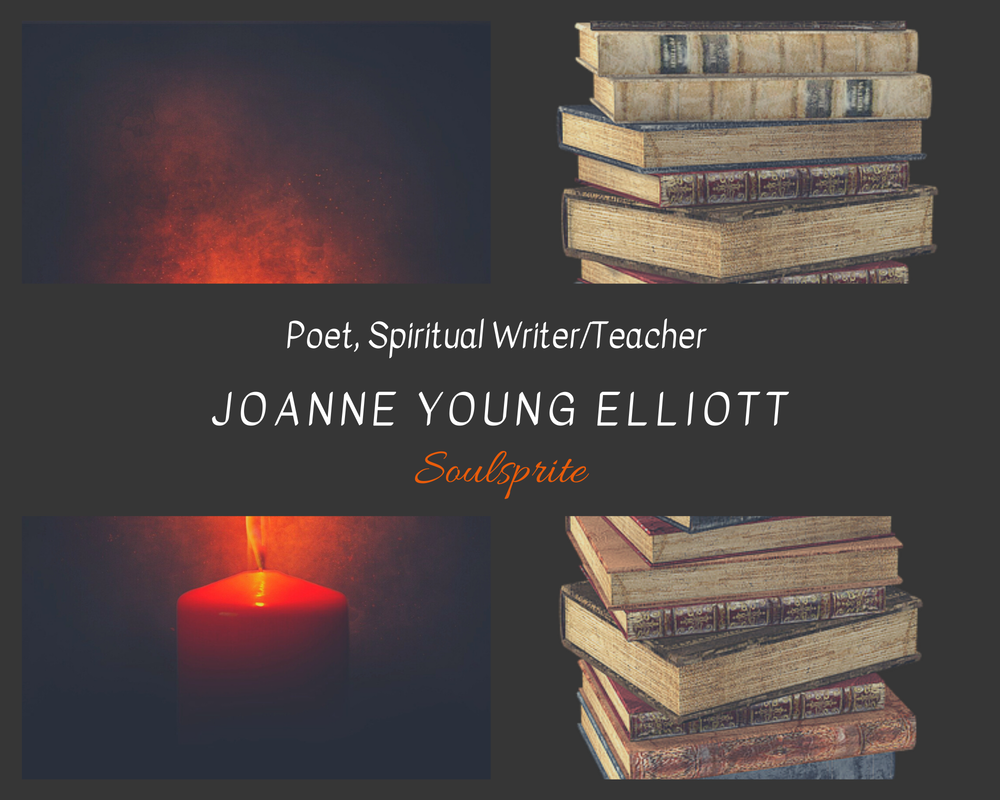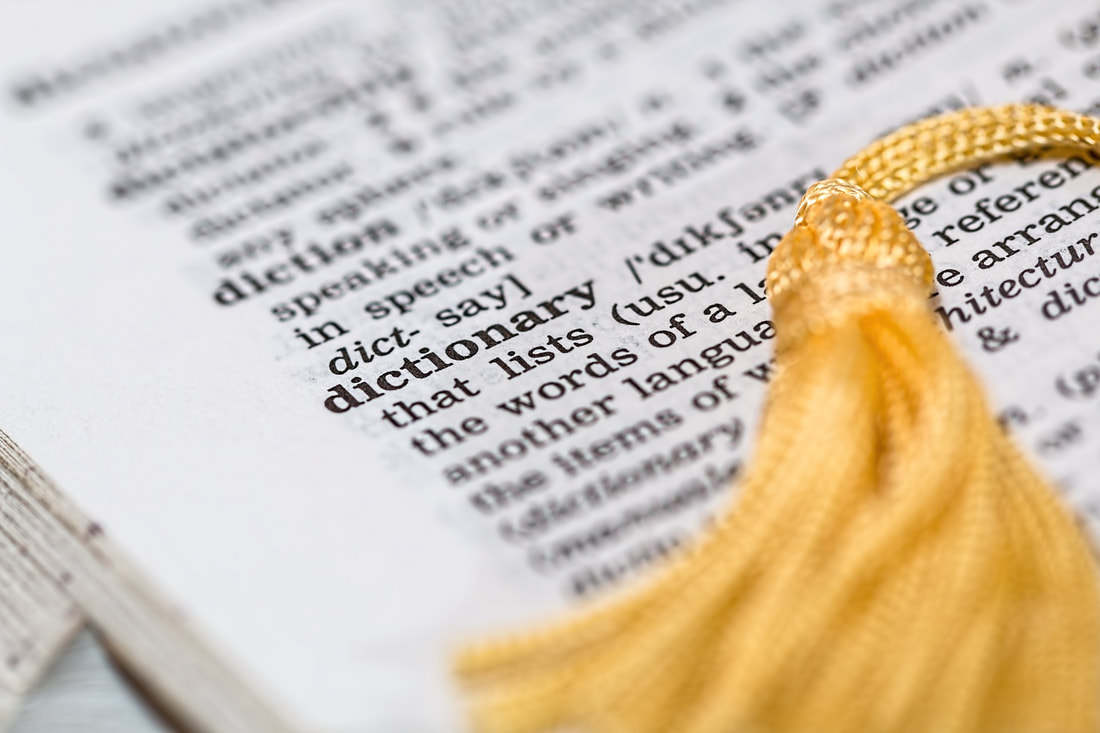|
I love words. I love their sounds. I love their meanings. I love how they can be used to communicate ideas as well as create art. They are the medium we as writers work in. It’s important to not only know as many words as possible, it’s important to know how to choose the right ones for the greatest impact. Here are four ways to choose your words wisely. Know you audience The greatest impact comes from knowing your audience. Writers need to know who will read their work. If it’s an academic audience, not only do you have to use the right vocabulary, you need to know how to structure the book or paper. If you’re writing a novel, you need to write at the level of the age group of your readers. There are many things you need to be aware of regarding your audience. The marketing tool called a customer avatar will help you get to know your audience. Basically, you imagine an individual reader of your work. You describe them in great detail. What do they like to read, watch, etc.? What age are they? Where do they live? What do they do for a living? You can list some basic likes and dislikes. It’s like creating a character for a novel. Use these details to help you understand the vocabulary and structure you need to use to best communicate with your audience. Use words that work for the project itself You also have to choose wisely based on the work itself. This is especially true of poetry. The art forms in which you use words as your medium often have internal needs not attached to who the reader will be. A particular genre of fiction may have its own vocabulary. Be sure to read a number of books in the genre you plan on writing to make sure you understand what is needed. This is also true of nonfiction. You will need to know the vocabulary of the topic you’re writing about. Listen to your words For me, writing is all about sound. Even when I don’t read out loud, I hear the words in my head. I have to for them to make sense which is why I could never pick up speed reading. Whether this is true for you or not, the sounds of words are important. Certain groupings of words can sound clunky and hard to read. Don’t do this to your readers. Take the time to hear what you write. Read it out loud. If a line doesn’t sound good, pick a different word or rearrange the words until you get something that flows. Pay attention to multiple meanings Sometimes you write something meaning one thing, but a reader takes it to mean something else. As a writer it’s your job to communicate well. Make sure the words you choose convey exactly what you mean. Sometimes we don’t always catch these problems. Have someone else read your work on go over your own work very carefully. In poetry, multiple meanings are a great thing. You’re playing with words and ideas in a way that is meant to open up the reader. To write better poetry, it’s helpful to be aware of the multiple meaning of words. Words are the lifeblood of a writer. Learn to use them well and to choose wisely from the vast word-hoard available to you. If you’d like to read more helpful content like this, sign up for The Write Magic Blog and receive it and other free resources to help you get the writing done.
0 Comments
Leave a Reply. |
Archives
December 2019
Categories |


 RSS Feed
RSS Feed
